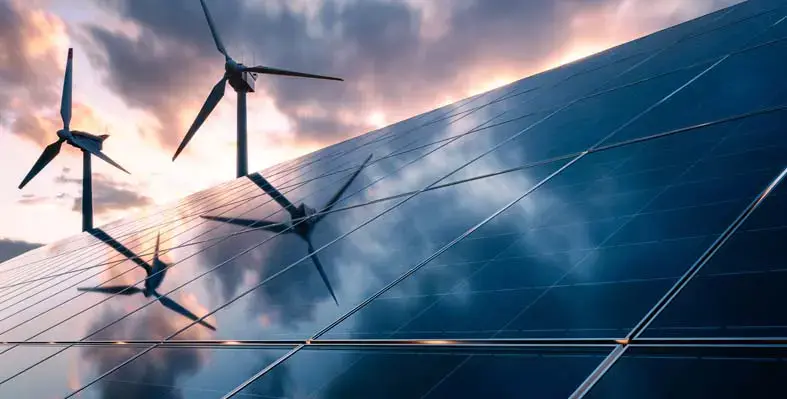The International Renewable Energy Agency (IRENA) has indicated that the world is at great risk of missing the 2030 triple renewables pledge made at COP28
This prediction has been outlined in the organisation’s ‘The Renewable Energy Statistics 2024’ report. The findings indicate that despite an unprecedented 14% increase of renewables capacity in 2023 – that has made renewables become the fastest growing source of power – significant investment is still required. In fact, it noted, in order to meet the goal set out in the UAE Consensus at COP28, global stakeholders will have to grow renewables capacity at a minimum 16.4% rate annually through 2030.
The current rate of growth will see the 11.2TW 2030 target be missed by 1.5TW, approximately 13.5%. Moreover, if the historic annual growth rate of 10% is fallen back to, then the world will only accumulate 6.5TW of renewables capacity by 2030 – this would miss the target by nearly one third.
Facing failure in renewable deployment
“Renewable energy has been increasingly outperforming fossil fuels, but it is not the time to be complacent,” said IRENA director-general, Francesco La Camera. “Renewables must grow at higher speed and scale. Our new report sheds light on the direction of travel; if we continue with the current growth rate, we will only face failure in reaching the tripling renewables target agreed in the UAE Consensus at COP28, consequently risking the goals of the Paris Agreement and 2030 Agenda for Sustainable Development.”
“Today’s report is a wake-up call for the entire world: while we are making progress, we are off track to meet the global goal of tripling renewable energy capacity to 11.2TW by 2030,” added Sultan Al Jaber, COP28 president. “We need to increase the pace and scale of development. That means increasing collaboration between governments, the private sector, multilateral organisations, and civil society. Governments need to set explicit renewable energy targets, look at actions like accelerating permitting and expanding grid connections, and implement smart policies that push industries to step up and incentivise the private sector to invest. Additionally, this moment provides a significant opportunity to add strong national energy targets in NDCs to support the global goal of keeping the 1.5°C target within reach. Above all, we must change the narrative that climate investment is a burden to it being an unprecedented opportunity for shared socio-economic development.”
In a release around the report, IRENA paid particular attention to Africa due to its tremendous renewable potential and need for rapid, sustainable growth. The continent recorded a modest growth of 3.5%, increasing its renewable power generation to 205TWh in 2022. With the urgency to accelerate this building, IRENA is advancing the Accelerated Partnership for Renewables in Africa (APRA) initiative and is preparing an investment forum focused on APRA’s member countries later this year.
The importance of the continent to global efforts to fight climate change was reiterated at the Africa Energy Forum held in Barcelona last month. Find African Review's full review of the conference at: https://africanreview.com/energy/a-call-to-action-issued-at-africa-energy-forum












